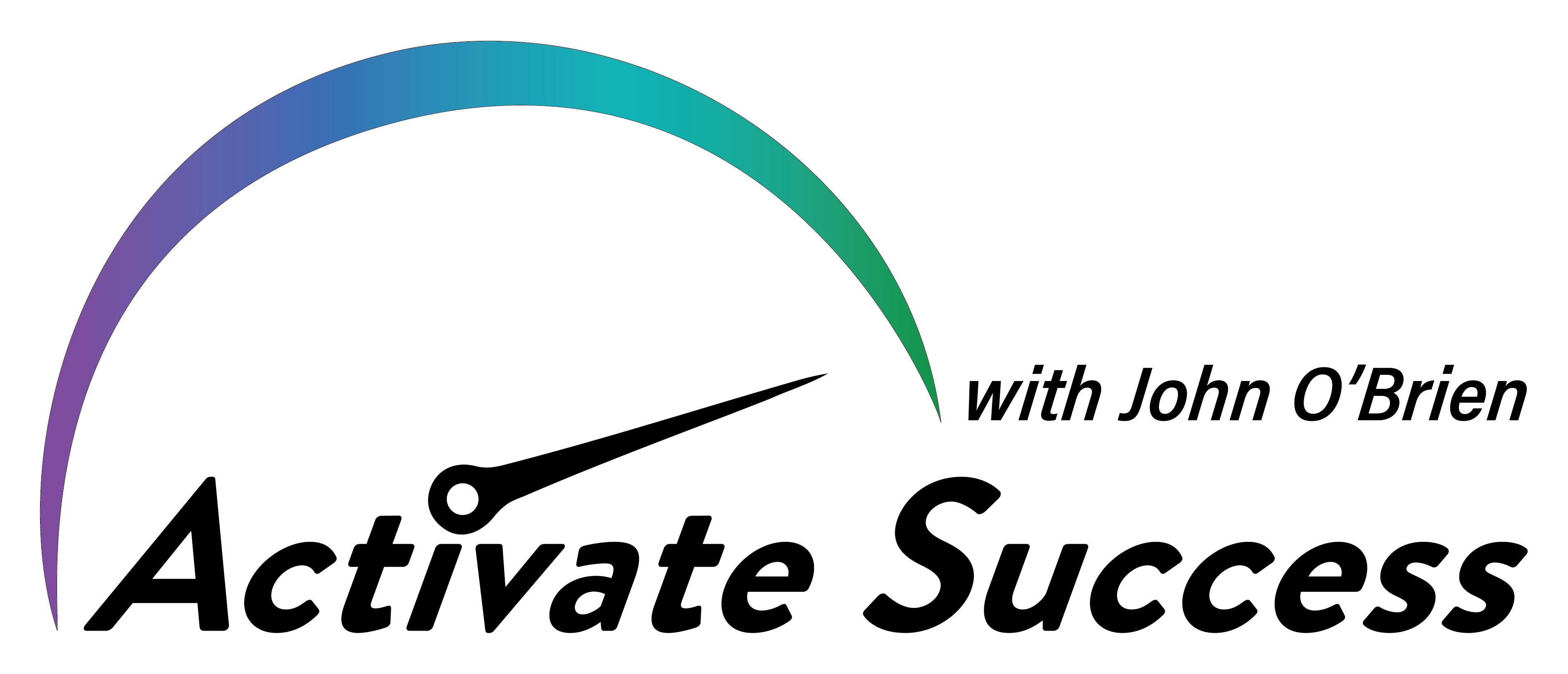What is it? Definition
People worldwide are more stressed and depressed than ever according to a recent Gallup poll. In fact, these numbers indicate that we are at the worst point ever recorded for people’s stress and mood. When people are more stressed, they often engage in problematic behaviors that impact both themselves and others. One of the most toxic behaviors for workplaces has to do with incivility.
Incivility can be defined as “the exchange of seemingly inconsequential and inconsiderate words and deeds that violate conventional norms of workplace conduct” (Porath & Pearson, 2013). Although related, bullying and incivility are different concepts. Bullying involves intentional acts designed to intimidate, pressure, or provoke the targeted individual. On the other hand, incivility can be unintentional but nonetheless negative behavior that demeans, belittles, or humiliates a person.
Some argue that incivility is what “smart bullies” are now doing in workplaces, knowing that they can avoid being held accountable under organizational anti-bullying policies. However, the perpetrator of incivility may be unaware of the impact of her/his behavior. In addition, some acts of incivility, such as leaving one’s dirty dishes in an office kitchen, are not directed at any one person but demonstrate more general lack of consideration of the communal environment.
Incidence:
The incidence of incivility varies based on how this concept is defined and measured. Porath and Pearson (2013) found that 98% of workers surveyed reported some uncivil behavior at work. Porath (2016) indicated that 62% of employees surveyed worldwide indicated rude behavior on the part of colleagues at least once per month. Given the higher levels of stress among individuals noted in the Gallup poll, people are likely to be engaging in even more uncivil behavior in recent years. I have certainly anecdotally heard about and witnessed this in my own life since the start of the worldwide pandemic in 2020.
What impact does it have?
There are many negative effects on both the target and the perpetrator of incivility. Targets experience an increase in symptoms of depression/anxiety as well as a myriad of other impacts. Perpetrators find that their reputation suffers and, depending upon the business, they can be dismissed from their job due to these behaviors. In addition, targets often focus on how they will retaliate, either directly or indirectly, against the perpetrator.
These dynamics serve as a distraction from the primary focus of the business and cause the individuals involved to be caught up in unnecessary ruminations. In addition, there are specific effects for the business, including:
Reduced productivity: Research shows that nearly half of people who have experienced incivility will intentionally decrease their work effort and time spent at work. Over a third of those targeted will decrease the quality of their work on purpose. One quarter of these individuals admit taking out their frustrations on customers.
Increased absenteeism and resignations: People who have experienced rude or demeaning behavior from a boss or coworker will often be distressed or distracted when at work. Nearly two thirds of workers reported losing time to avoid contact with the perpetrator. Just over ten percent of employees leave their job altogether to get away from uncivil treatment.
Quiet quitting: The term “quiet quitting” has emerged in recent years to describe workers who put in “only the minimum amount of time, effort or enthusiasm that is necessary” (Daugherty, 2023). Porath and Pearson (2013) found that 78% of targets of uncivil behavior reduced their sense of commitment to the employer. These individuals felt unsupported when faced with rude behavior in the workplace and therefore reduced their loyalty to the team.
Toxic work environments: Uncivil behavior rarely occurs in isolation. If less unaddressed, uncivil behavior often leads to targets taking out their frustrations on coworkers (or customers as noted above). Porath and Pearson (2013) found that 94% of targets found a way to retaliate against the perpetrator. An ongoing cycle of incivility can create toxic work environments, leading to anger and even workplace violence.
All these behaviors lead to lower rates of production and sales which can be quite costly to businesses. Absenteeism and employee resignations lead to resources being directed to temporary workers as well as recruitment and onboarding of new employees. Quiet quitting leaves an employer with a worker collecting a salary and benefits while performing at the lowest level necessary. Toxic work environments lead to massive resignations and difficulties with filling positions when word gets out about the work environment. As an example, this writer is personally aware of a healthcare organization with a notorious reputation for poor morale and uncivil treatment of their staff that has been unable to hire primary care physicians for over three years.
How can coaches help?
Incivility is a very real issue in our culture as well as in workplace environments worldwide. Coaches have an important role to play in both identifying and intervening in situations that involve incivility. Here are a few suggestions:
Listen for this behavior in coaching sessions. Coachees may describe situations in which they are dealing with uncivil behavior on the part of their boss, their peers, or their employees. Help your coachees identify the behavior as uncivil and provide education about the impact of the behavior.
You may even see the behavior on the part of your coachee and consider addressing it. I remember coaching a leader who was describing how his employees found him to be dismissive and he could not understand why. Later in the coaching work, this same leader rolled his eyes and made a sarcastic comment about something I said. I stopped the interaction in the moment and processed what happened with him. While this was difficult for him to truly integrate in the moment, he later thanked me for pointing out what his employees were experiencing.
Point out impacts for perpetrator. If your client is engaging in incivility, you can help him or her realize the impact that this behavior has on relationships and reputation. Help clients consider how their behavior whether in formal or informal settings can shape the ways that they are viewed and therefore impact their ability to advance in their career.
Identify effective responses to incivility. If your client is the target of incivility, you can assist the client with identifying ways to effectively act, not react, to this behavior. Normalize for your client that the urge to retaliate against the perpetrator is understandable but can negatively impact them and their reputation. As James Russell Lowell once said, “No mud soils us but the mud we throw.”
Incivility has always been a part of human experience and likely always will be. However, the incidence and impact of uncivil behavior has grown significantly in the past several years. Our job as coaches is to help clients reduce this behavior to lower stress in individuals and improve workplace cultures around the world.
References:
Porath, C. L., & Pearson, C. M. (2013). The price of incivility. [Article]. Harvard Business Review, 91(1), 114-121.
Porath, C. L. (2016). Mastering civility: a manifesto for the workplace. First Edition. New York, NY, Grand Central Publishing.
This material previously published in the September 2023 edition of Choice Magazine.

